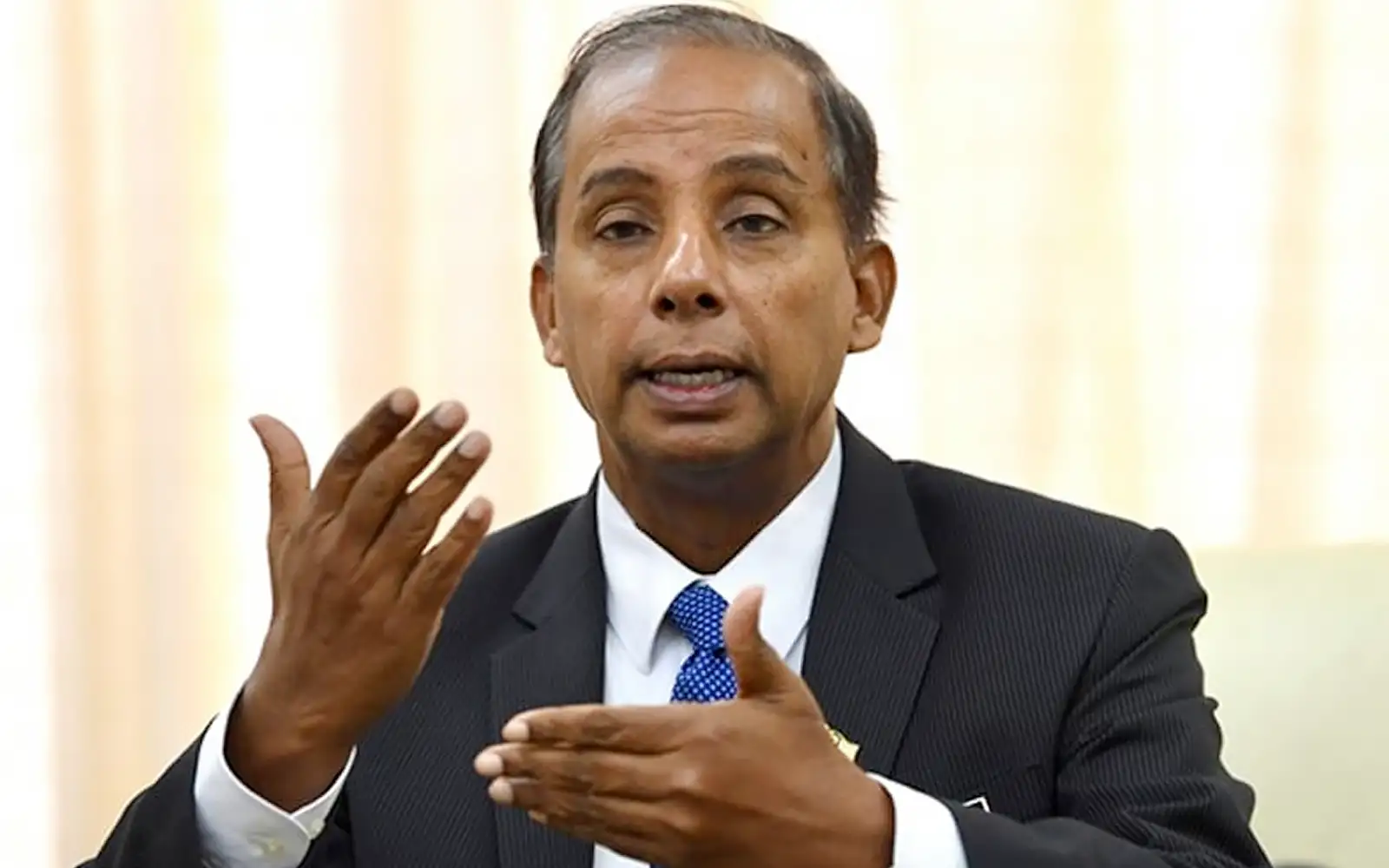
The legal affairs division of the Prime Minister’s Department is reviewing a proposal to abolish the articled clerk route to becoming a lawyer, according to deputy law and institutional reform minister M Kulasegaran.
The articled clerkship programme, provided for under the Legal Profession Act 1976, allows individuals to read law without attending law school full-time.
Kulasegaran said the proposal was submitted to the government by the Legal Profession Qualifying Board (LPQB) in March, with the programme’s low uptake cited as one of the main reasons.
According to the board, only 36 people applied to qualify through the articled clerk pathway between 1979 and 2024, with just 17 eventually becoming lawyers.
“The last time this pathway was used was in 1992. Since its discontinuation in 1995, there has been no infrastructure in place to conduct legal clerk training,” he said.
He added that the LPQB had not registered new articled clerks for admission as advocates and solicitors in Malaysia since January 1985.
Other reasons cited by the board included the move by countries such as the UK, Australia, New Zealand, and Singapore to abolish similar pathways.
However, Khoo Poay Tiong (PH-Kota Melaka) objected to the explanation, calling it a violation of parliamentary authority and the courts.
“I am shocked, saddened, and angry at the deputy minister’s response,” he said.
“The Legal Profession Act clearly states that the board’s role includes conducting instructional courses and regulating training for articled clerks. How can it defy the law? This is an Act passed by Parliament.”
He also said the Court of Appeal had ruled in December 2024 that the board’s failure to implement the articled clerk pathway was unlawful, questioning the legal basis of the board’s inaction.
“The judges of the Court of Appeal ruled that the board was wrong and should have rectified its error. This wasn’t a ruling from a village or school court,” he said.
“The board is insulting both Parliament and the Court of Appeal. Who gave them the authority to act as though the law is in their hands?
“The board includes the attorney-general, judges, and representatives from the Bar Council. If they refuse to fulfil their legal duties, they should resign.”
Kulasegaran said he took Khoo’s criticism seriously and acknowledged that the board must fulfil its statutory obligations.
“As a lawyer myself, I agree that the LPQB has a legal duty that cannot be disregarded,” he said.
Kulasegaran also revealed that he had personally sponsored five underprivileged youths to pursue legal education at his firm, noting that not all Malaysians had access to formal legal training due to financial hardship.
“I’m puzzled that the board overlooked this issue. I personally know hundreds of poor individuals working as clerks in law firms who were denied this pathway to legal training,” he said.
“Some of us are very poor and need support. I will convey Kota Melaka’s criticism to the relevant officers, and I hope they will act swiftly to implement the intent of the law and respect the will of Parliament without dereliction.”






